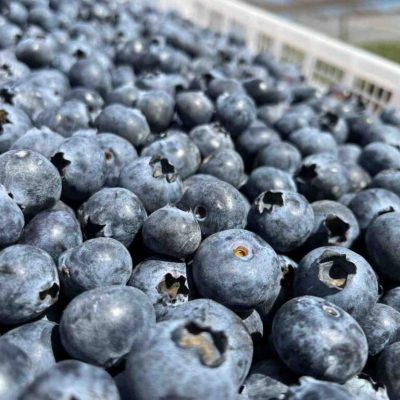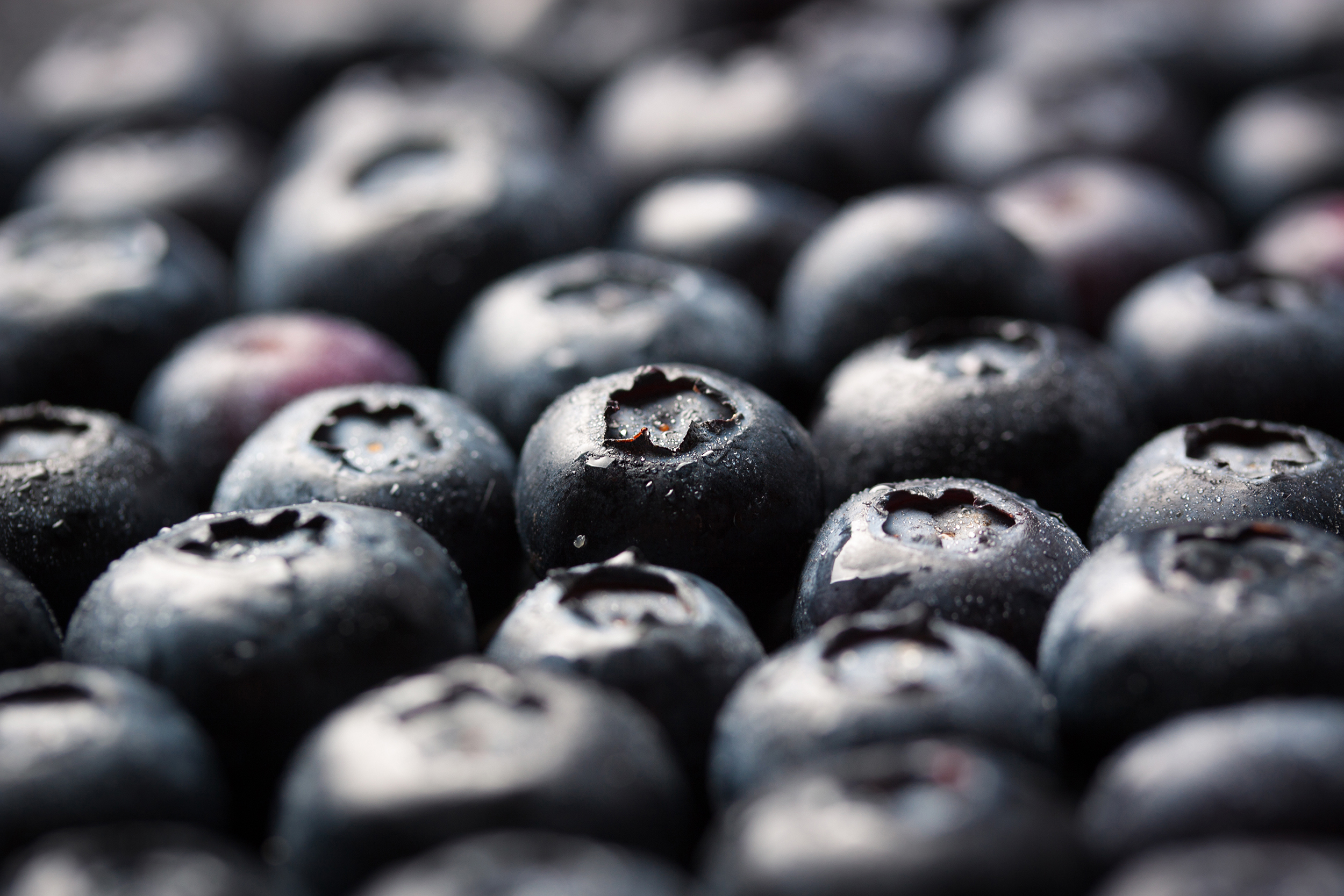Chile: Blueberries to be promoted in Sweden and Norway
According to Christian Carvajal, marketing director of the Fruit Exporters Association of Chile AG, ASOEX, for Asia and Europe, various programmes will be launched for the promotion of blueberries in Sweden and Norway.
The promotions will be organised jointly with ProChile and the Chilean Blueberry Committee. “This year we will strengthen our campaign with actions for 82 days during the months of January and February 2015 at more than 30 major supermarket chains in Sweden and Norway,” said Carvajal.
The representative of ASOEX said the campaign will take place between weeks 3 and 5 (between 12 January and 1 February) at 25 ICA stores in Sweden and 16 Ultra, Meny and Jacobs stores in Norway.
“ICA Sverige is Sweden’s largest retail chain, with 1,400 stores (ICA Nära, ICA Supermarket, ICA Kvantum, Maxi ICA Stormarknad hypermarkets and ICA Express) that represent a 38% overall market share,” said the professional.
The programmes will involve the delivery of promotional material to different stores and the distribution of recipes with blueberries as the main ingredient, as well as engaging displays and tastings.
Blueberry Consumption
According to Livsmedelsverket (the National Agency for Food of Sweden), consumption of blueberries, and berries in general, both fresh and frozen, has increased considerably in recent years in the Nordic countries.
In a market study conducted by ProChile in November 2013 it was determined that the fruit is widely popular, especially given its health benefits. “This will make it possible to increase our export volumes to Sweden, emphasising the quality and its benefits as a natural product. An important factor is that Chilean blueberries are available during northern Europe’s off-season, so there are great opportunities in the Nordic markets in general,” states the entity in the analysis.
In the case of frozen and organic blueberries in the Swedish market, around 20,000 tonnes are imported per year. Meanwhile, the total consumption of processed fruit (jams, preserves and sauces) is of about 60,000 tonnes, of which imports account for about 15% of the total.
ProChile’s study highlights the relevance and opportunities for organic blueberries, as Swedish consumers consider organics an important tool to maintain and improve not only their health, but also the environment.
The difference in price between conventional and organic foods is substantial, on average 20% to 40%, but consumers are willing to pay the difference given their characteristics and benefits.
Poland is currently Sweden’s main supplier of frozen blueberries, followed by Ukraine and Hungary; while Chile ranks sixth.
In the case of fresh blueberries, most are imported from the Netherlands (with much of them originally coming from Chile), followed by Germany and Belgium. Chile was ranked sixth in 2012 (without taking into account what is shipped through the Netherlands). It is worth noting that Spain’s shipments were worth $ 259,000 in 2011 and $ 192,000 in 2012.
The main channels for the fruit’s sale and distribution are retail chains and distribution centres. In total, Sweden has approximately 3,000 supermarkets and 7,000 retailers, such as convenience and local stores.
Lastly, ProChile’s study highlights that there are three main determining factors for Nordic consumers, especially in Sweden: prices, which must be competitive enough to attract buyers; quality, which is just as important as good prices, and certifications that ensure all health standards are met.
01/07/2015
Fresh Plaza






